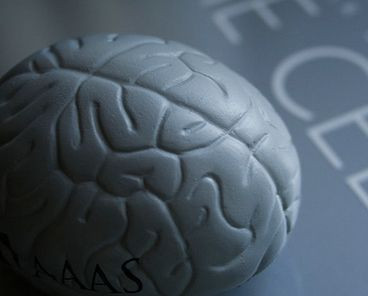Emotional Connection Helps Us Create Vivid Memories We Can Recall Easily

For many of us, vividly recalling a long ago experience may be easier than trying to remember something from last week. New research suggests that how much something means to you may influence how vividly you can recall those memories.
Researchers from the University of Toronto, University of Manchester and University of California, studied brain activity and discovered how vividly we believe something is initially will determine how vividly you will remember it later on.
"We've discovered that we see things that are emotionally arousing with greater clarity than those that are more mundane," said Rebecca Todd, a postdoctoral fellow at the University of Toronto Department of Psychology and lead study author.
Alongside psychology professor Adam Anderson, Todd discovered the amygdala is responsible for the tagging of emotional or motivational responses to an individual’s past experience. The amygdala is more active when observing images that are considered vivid.
Researchers measured the subjective experience of the vividness of perception. The researchers captured emotionally arousing photos, negative photos displaying traumatic events as well as positive and neutral scenes. They overlaid the images with varying amounts of “visual noise,” like the snow you would see on an old television screen.
The participants had to determine whether the images had the same, more, or less noise than a standard image with a fixed amount of noise. Other experiments included tests to reject any possibility that people observed emotionally arousing images differently causing them to rate those images more vividly.
In the first study, 45 minutes following the noise task, participants were instructed to write down all the details regarding the images that were observed. The second study, participants were shown the same images and were asked if they remembered them and if so how vividly. Researchers recorded answers from very vague to very detailed. Lastly, researchers used brain images to observe how the brain responded to emotionally enhanced vividness and what areas of the brain reacted.
"We found that the brain indexes vividness pretty quickly – about a 5th of a second after seeing a picture, which suggests it's about seeing and not just thinking," says Todd. "Emotion alters activity in the visual cortex, which in turn influences how we see."
With the use of functional magnetic resonance imaging (fMRI), Todd and her team discovered the amygdala, visual cortex, and interoceptive cortex activity heightened with increased vividness.
"We know now why people perceive emotional events so vividly – and thus how vividly they will remember them – and what regions of the brain are involved," Todd said.
Understanding that each individual will perceive past experiences differently, Todd believes this information may be useful in predicting a person's vulnerability to trauma.
The study was published in the Journal of Neuroscience.
Published by Medicaldaily.com



























